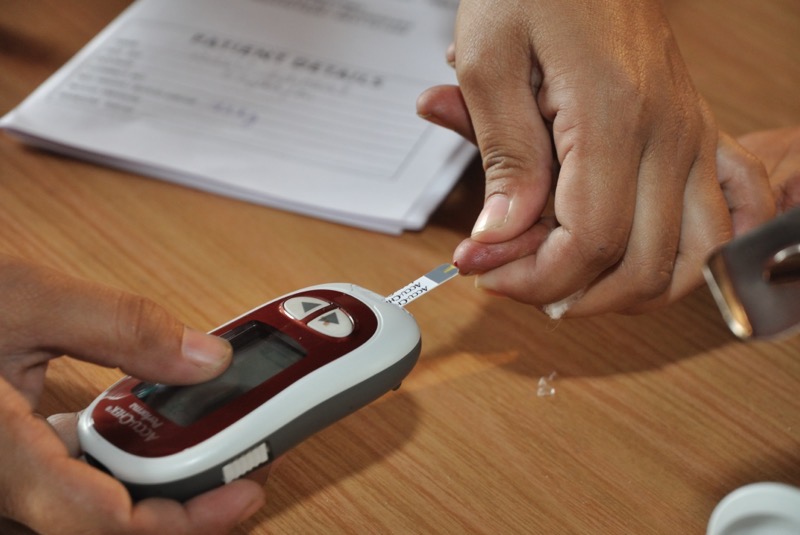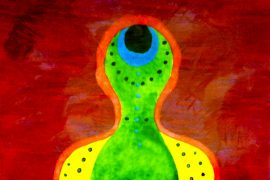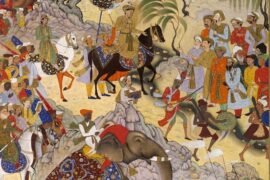Diabetes is a disease that affects the way your body uses glucose, a type of blood sugar. Sugar is a crucial source of energy for the cells that make up your muscles and tissues. It is also essential for your brain, as glucose is the brain’s primary source of energy. It is also called an ailment of the pancreas, the organ behind your stomach that creates the hormone insulin.
People with diabetes have a pancreas that either does not create enough insulin or does not use it appropriately. Insulin binds to glucose in the bloodstream, allowing it to enter the body’s cells and be burned for energy. If you have diabetes, regardless of the kind, you have too much glucose in your blood, which can cause health problems.
India is the world’s diabetes capital; diabetes is referred to as “the sugar sickness” in most homes. It is essentially a lifestyle disease that has become increasingly prevalent in India across all age groups, with prevalence among the younger population exceeding 10 per cent.
The situation in cities is worse than in rural areas, where the disease prevalence is nearly twice across all socioeconomic categories. The present growth in diabetes, particularly among the younger population, is a major public health problem.
The current epidemic of diabetes in India is primarily due to lifestyle changes. Increased prevalence can be attributed to a variety of factors, including rapid changes in food patterns, physical inactivity, and increased body weight, particularly accumulation of belly fat.
Approximately half of those diagnosed with diabetes are asymptotic (meaning they have no symptoms). As a result, if we rely on symptoms for detection and prevention, we will overlook a big group of people with diabetes, estimated to be 50 per cent of the population.
In India, healthcare is mostly paid for out of pocket, and there is no regular diabetes screening programme. Presently, India does not have a mass programme that includes verified glucose readings and HbA1c (The haemoglobin A1c test reveals the average level of blood sugar over the previous 2 to 3 months) for the diagnosis of diabetes.
When a person is diagnosed with diabetes, they should make lifestyle adjustments such as maintaining a healthy weight, engaging in regular physical activity, quitting smoking, and avoiding or limiting alcohol consumption. Aside from that, regular doctor visits are necessary to monitor sugar control and assess/prevent disease-related consequences.
When a person is diagnosed with diabetes, it is usually considered to be a degenerative disease for which there is no cure. However, recent research from persons who lost weight through surgical or nutritional measures (calorie restriction) demonstrated that diabetes and its related problems (blood pressure, cholesterol, fatty liver, and sleep apnea) can be reversed for a few years with weight loss.
This is encouraging, and if you are obese or overweight, you should make an effort to lose weight. This will result in better diabetes control with fewer medications or reversibility if there is sufficient insulin reserve.
Making time for oneself should be one of the top priorities. It’s very normal to feel overwhelmed. But you must set aside a few minutes each day to do something that brings you joy. This could be as simple as taking long walks, listening to music, painting, or meditating.
-30-
Copyright©Madras Courier, All Rights Reserved. You may share using our article tools. Please don't cut articles from madrascourier.com and redistribute by email, post to the web, mobile phone or social media.Please send in your feed back and comments to [email protected]











